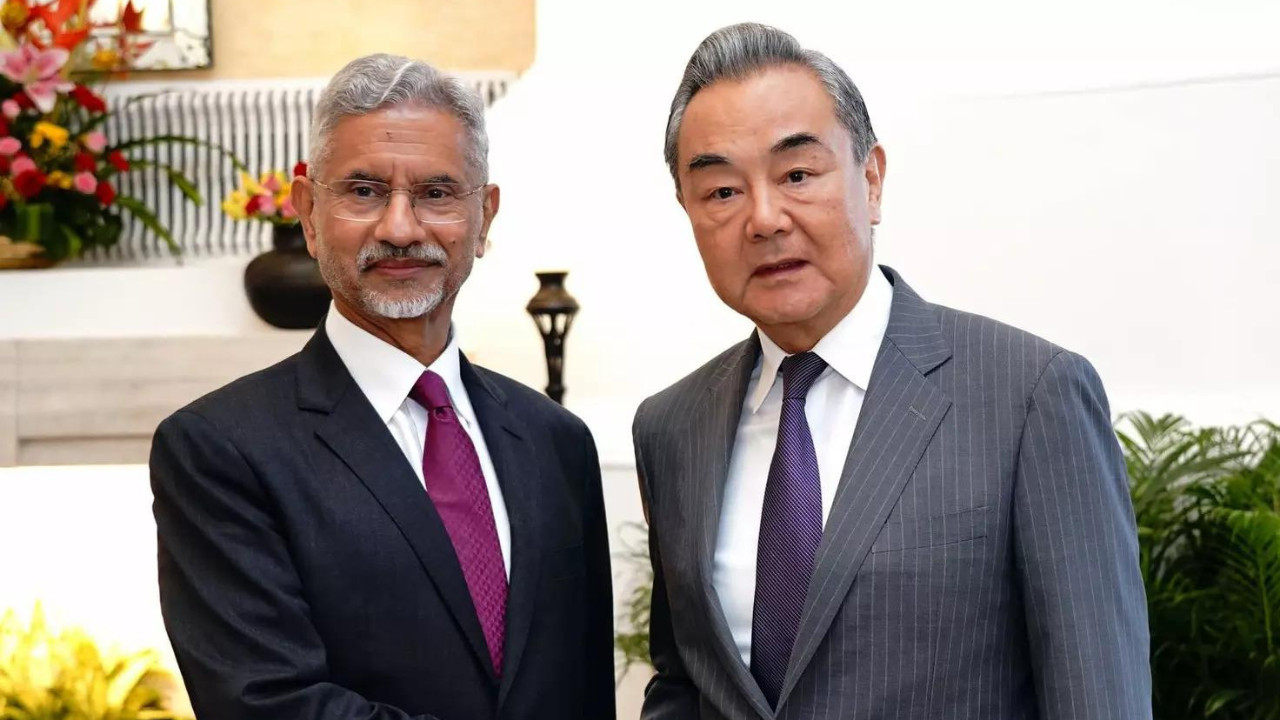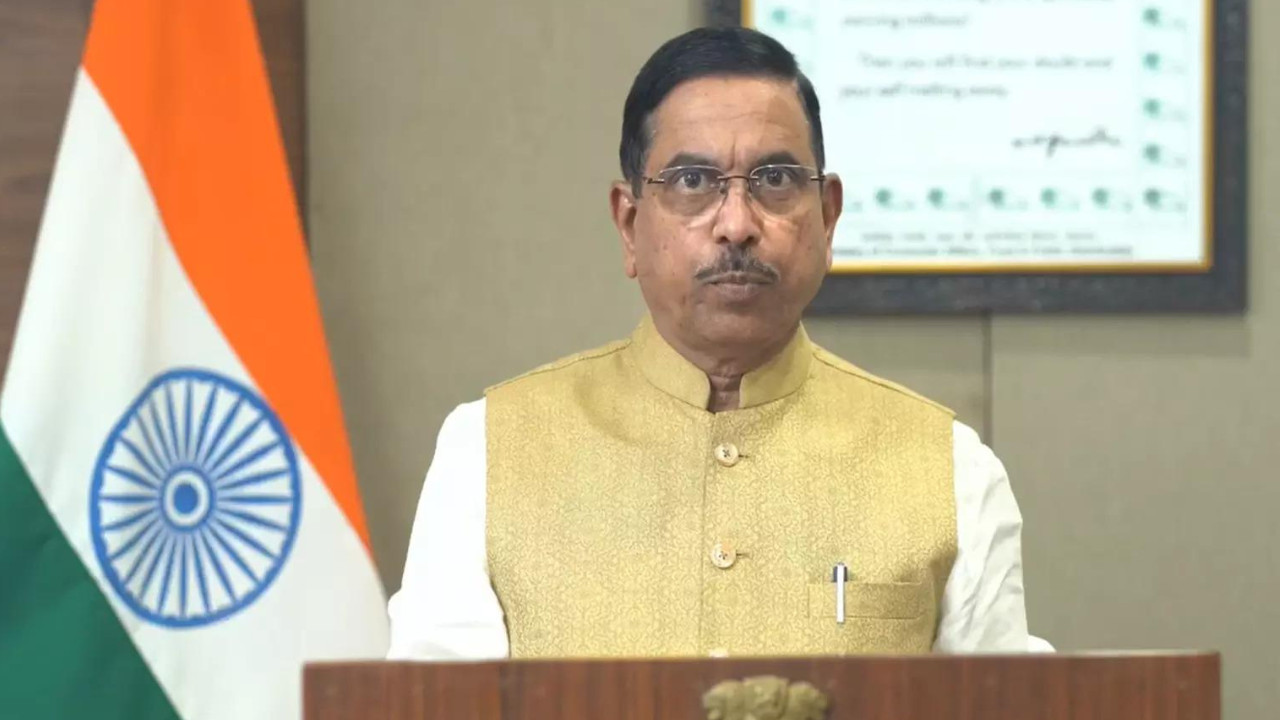China has pledged to address India’s concerns regarding rare earths, fertilizers, and tunnel boring machines, as assured by Foreign Minister Wang Yi to Dr. Jaishankar. Discussions encompassed trade, pilgrimages, and border issues, emphasizing mutual respect and avoiding escalation of differences into disputes.
Turning Tides? China Addresses India’s Key Concerns on Trade
For months, whispers of unease have echoed through the corridors of Indo-Chinese trade. A delicate dance of economic interdependence, the relationship has lately been punctuated by concerns from the Indian side regarding access to critical resources and technologies. Now, it appears the music might be changing.
During a recent visit, Chinese Foreign Minister Wang Yi signaled a potential shift in approach, offering assurances to address three specific areas of contention: the supply of rare earth elements, the availability of fertilizers, and access to tunnel boring machines. But what does this really mean for Indian businesses and the broader economy? Let’s delve into each of these points.
Rare Earth Elements: A Vital Lifeline
Rare earth elements (REEs) are hardly household names, but they are the unsung heroes underpinning a vast array of modern technologies. From smartphones and electric vehicles to wind turbines and defense systems, these elements are indispensable. China currently dominates the global REE market, controlling a significant portion of both mining and processing.
This dominance has presented a challenge for India, which is actively developing its own advanced manufacturing sectors. Securing a stable and diversified supply of REEs is crucial for India’s ambitions in fields like renewable energy and electronics manufacturing. Wang Yi’s assurance on this front, promising to facilitate smoother access to Chinese rare earth element resources, could be a significant boon, easing anxieties and fostering growth. This is crucial as India aims to become a global manufacturing hub.

Fertilizers: Cultivating Growth and Stability
Agriculture remains the backbone of the Indian economy, employing a substantial portion of the population. Adequate and affordable fertilizer supply is therefore paramount for ensuring food security and supporting rural livelihoods. Disruptions in fertilizer supply can have far-reaching consequences, impacting crop yields, farmer incomes, and overall economic stability.
India relies on imports for a significant portion of its fertilizer needs. Ensuring a reliable supply chain, particularly from a major producer like China, is therefore essential. The commitment to address India’s concerns regarding fertilizer availability is a welcome sign, hinting at a potential easing of pressure on the agricultural sector. This is especially important given global uncertainties in fertilizer production and distribution.
Tunnel Boring Machines: Paving the Way for Infrastructure Development
India is engaged in a massive infrastructure development push, with ambitious projects underway to improve connectivity and boost economic growth. Tunnel boring machines (TBMs) are critical for constructing tunnels for roads, railways, and other essential infrastructure. Access to these specialized machines, particularly advanced models, is crucial for meeting project deadlines and achieving infrastructure goals.
China has emerged as a major player in the TBM manufacturing market, offering competitive prices and advanced technology. Easing access to Chinese-made TBMs could accelerate infrastructure development in India, reducing project costs and improving efficiency. This would not only boost economic growth but also enhance connectivity and facilitate trade.
A Thaw in Relations?
While these assurances are encouraging, the devil is always in the details. The true impact will depend on how these commitments are translated into concrete actions. Clear and transparent implementation mechanisms, along with a genuine willingness to address India’s concerns, will be key to fostering a more stable and predictable trade relationship.
This move by China comes at a time when India is actively seeking to diversify its supply chains and reduce its reliance on any single source. However, recognizing the practicalities of the current global market, a cooperative relationship with China remains strategically important. Building stronger domestic manufacturing capabilities is still a goal, but cooperation with China in the meantime can help bridge supply gaps. It’s important to remember India also cooperates with countries like the US in tech and defense, see for example this article about the India-US semiconductor partnership.
The pledges from Wang Yi represent a potential turning point in Indo-Chinese trade relations. Whether this is a genuine attempt to address India’s concerns or a strategic maneuver remains to be seen. However, the initial signals are promising, offering a glimmer of hope for a more balanced and mutually beneficial economic partnership. Time will tell if these assurances translate into tangible benefits for Indian businesses and consumers, paving the way for a more stable and prosperous future.







